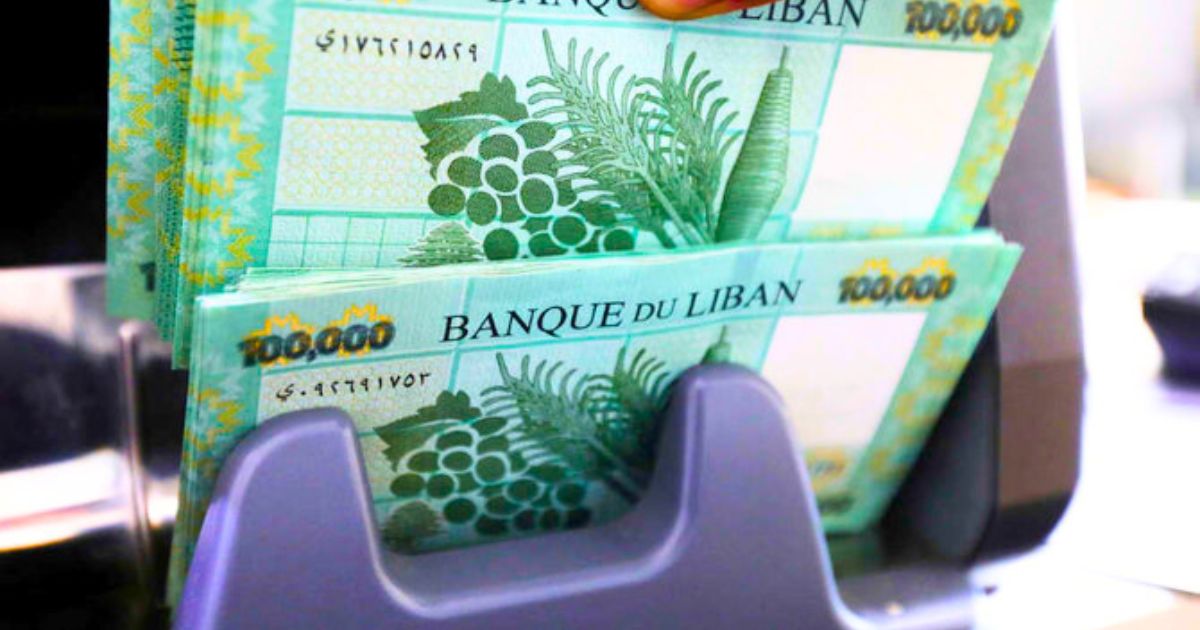The Daily Star, Lebanon’s English-language newspaper, has announced that it will suspend its printed copies as of January 4th, 2020, amid the escalating Lebanese economic crisis.
The paper was founded in 1952 by Kamel Mrowa, the publisher of the Arabic daily Al-Hayat, to serve the growing number of expatriates brought by the oil industry. It first circulated in Lebanon and then expanding throughout the region.
It not only relayed news about foreign workers’ home countries but also served to keep them informed about the region.
By the 1960s, it was the leading English language newspaper in the Middle East. In 2004, it merged its Lebanon and regional editions, choosing to focus on Lebanese expatriates in the Persian Gulf region.
Now, the unified edition appears in all countries except for Kuwait which has its own local edition published in partnership with Al-Watan, a Kuwaiti Arabic language daily.
The newspaper, which is co-owned by the family of Former Lebanese PM Saad Hariri, stated on its official website that it will temporarily halt the printing presses as a result of the difficult financial times Lebanon is going through.
It cited “the financial challenges facing the Lebanese press which have been exacerbated by the deterioration of the economic situation in the country.”
It said the temporary suspension came after “a drop to virtually no advertising revenue in the last quarter of 2019, as well as in January of this year”. In recent months, employees at the newspaper had complained of not being paid.
A series of prominent local newspapers across Lebanon have halted their printed editions due to funding shortages in recent years.
The Daily Star is the latest media outlet linked to the former premier to be struggling after the suspension of Future TV was also announced last September 2019.
The last print issued by the Hariri family’s Al-Mustaqbal newspaper was in January 2019, almost 20 years after it was established.
The Hariri family built their business empire from their Saudi Oger, which was a mighty construction company until it collapsed in 2017, leaving thousands jobless.

















